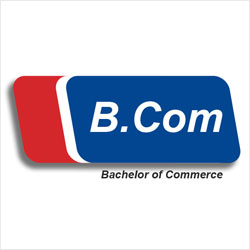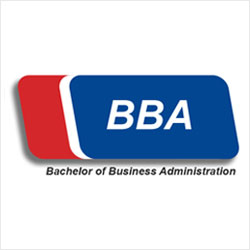
The Bachelor of Commerce degree is designed to provide students with a wide range of managerial skills, while building competence in a particular area of business. Most universities, therefore, plan the degree such that in addition to their major, students are exposed to general business principles, taking courses in accounting, finance, business management, human resources, marketing, and economics; some programs also require (business) statistics, (introductory) calculus and information systems.

The degree is designed to give a broad knowledge of the functional aspects of a company and their interconnection, while also allowing for specialization in a particular area. B.B.A. programs expose students to a variety of "core subjects" and allow students to specialize in a specific academic area. The degree also develops the student's practical, managerial and communication skills, and business decision-making capability. Many programs incorporate training and practical experience, in the form of case projects, presentations, internships, industrial visits, and interaction with experts from the industry.

The Master of Commerce typically requires two years of full-time study. The curriculum is generally concentrated on one subject area — such as accounting, actuarial science, business management, corporate governance, human resource management, economics, statistics, finance, marketing or supply chain management — and emphasizes underlying theory. Relatedly, programs usually include a thesis component and may be exclusively research based.
― Nelson Mandela